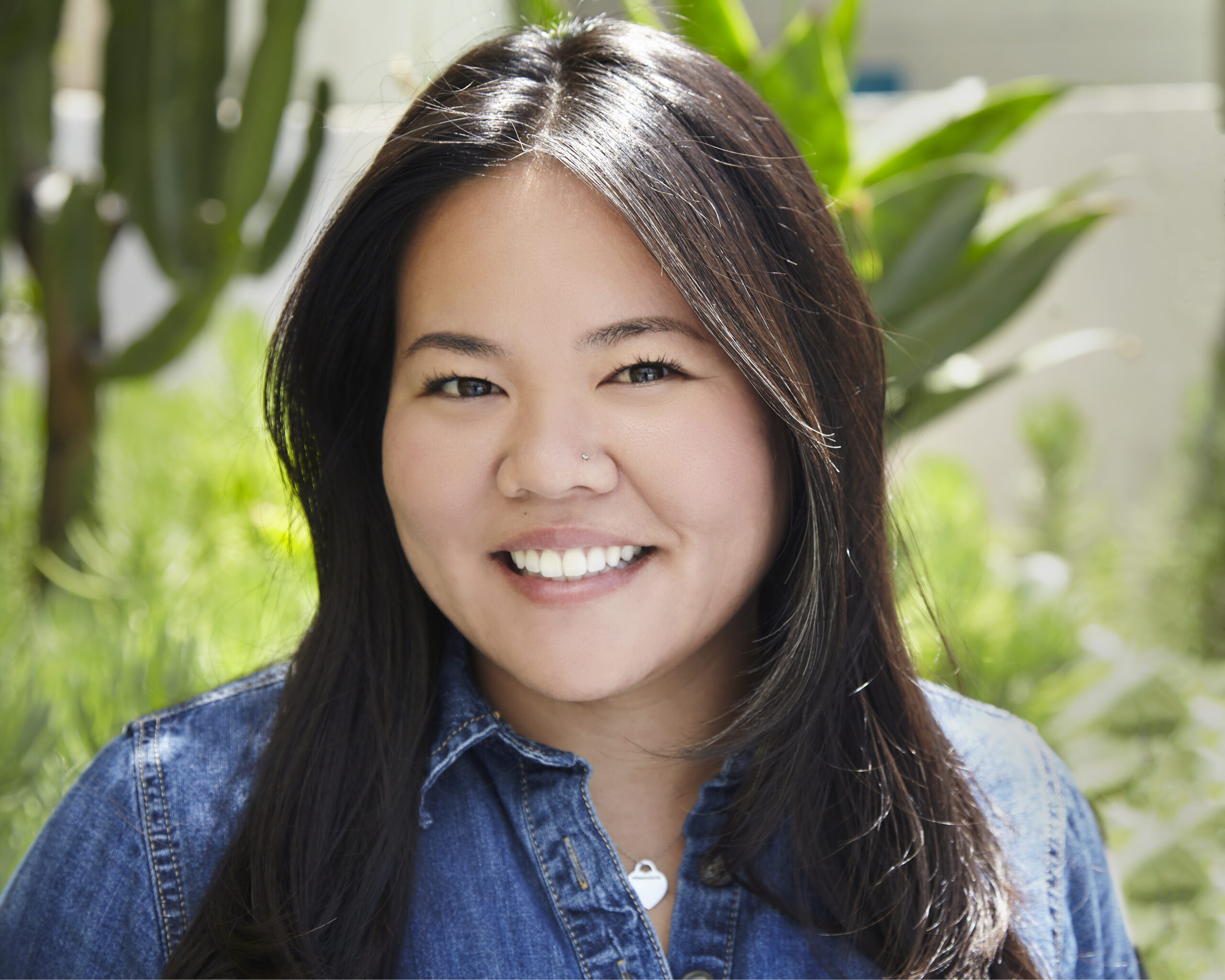
Healing Relationship Wounds with Attachment-Focused EMDR
Attachment wounds run deep, shaping how we connect, trust, and experience relationships. Attachment-Focused EMDR therapy combines the power of EMDR with an understanding of early relational trauma, helping individuals heal from past wounds and build healthier, more secure connections. Whether you’re struggling with patterns of emotional avoidance, fear of abandonment, or deep-seated relational pain, this approach offers a path toward lasting healing.”








